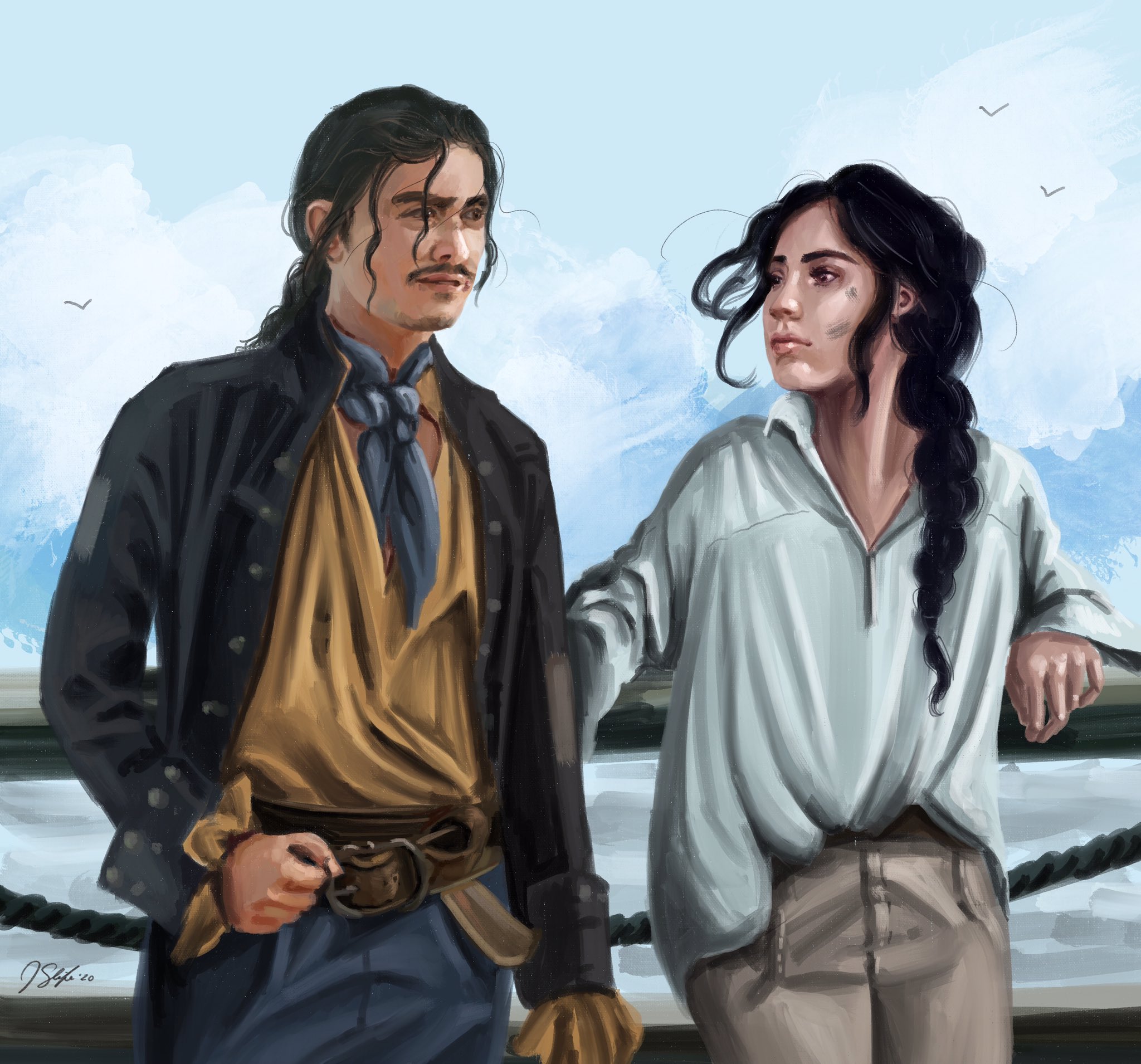Read the previous entry in the series here.
Read the next entry in the series here.
The following chapter, “Malta,” begins with the title character rehearsing a grievance against Davad Restart. Her desire to attend a soiree in style thwarted initially, she inveigles her way into the beginnings of scandalous behavior to prepare for the event on her own. That she knows she needs to avoid the eyes of her mother and grandmother marks her knowledge of her error as she proceeds to the formal ball, recalling earlier instances of the event.

Image from the official website of Malta, used for commentary
When she arrives, she marks her contemporaries in attendance and arriving, including a friend of hers, Delo Trell. The latter is still attired as a child; Malta’s appearance in a gown cut for a grown woman causes others to mistake her for a different sort of person entirely. Restart, however, recognizes her and swiftly bundles her back to the Vestrit home so as to quash further scandal. She attempts to rebuke him, to no avail, and the pair are greeted by an icy Ronica. Dramatic outbursts ensue, and Malta finds herself bundled off to bed, sulking as she ponders Kyle’s responses to come and the delicious feeling of being seen by a young man.
I re-read the present chapter as the father of a young daughter who is not at the age Malta is but who is quite engaged in proclaiming herself “a big girl” and insisting on doing things for herself and by herself–including attire, coiffure, and makeup. I am not as versed in such things as I could be (or perhaps should be), but I do know that I was somewhat taken aback when she started insisting on makeup, and I can imagine that, as my daughter gets older, she will have some of the same kinds of longings–for drama, for grace, for relief from the sedately respectable routine of her parents’ lives–without the hard-won understanding that indulging them leads to various forms of trouble, just as Malta. Again, it is an affective reading, but, again, I find I cannot help but read thus.
Too, as I reread, I find myself thinking of Hobb’s penchant for emblematic names in the Realm of the Elderlings novels, and linking the name of Malta the character to that of the country. There is certainly a mercantile connection; Malta the character is a daughter of a seagoing mercantile family, while the country, owing to its geography, was long a center of maritime trade. Too, the country has a deep history, something that serves as foreshadowing for Malta’s involvement in the events of the novels yet to come.
This is a re-read, after all. I have seen what’s coming, and a character who gets a chapter to herself is already marked as one who will be important later on…











